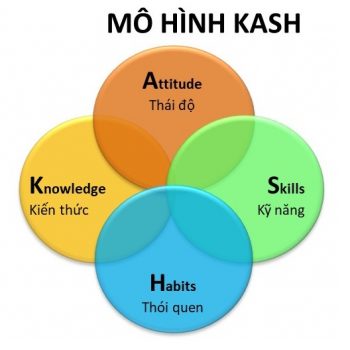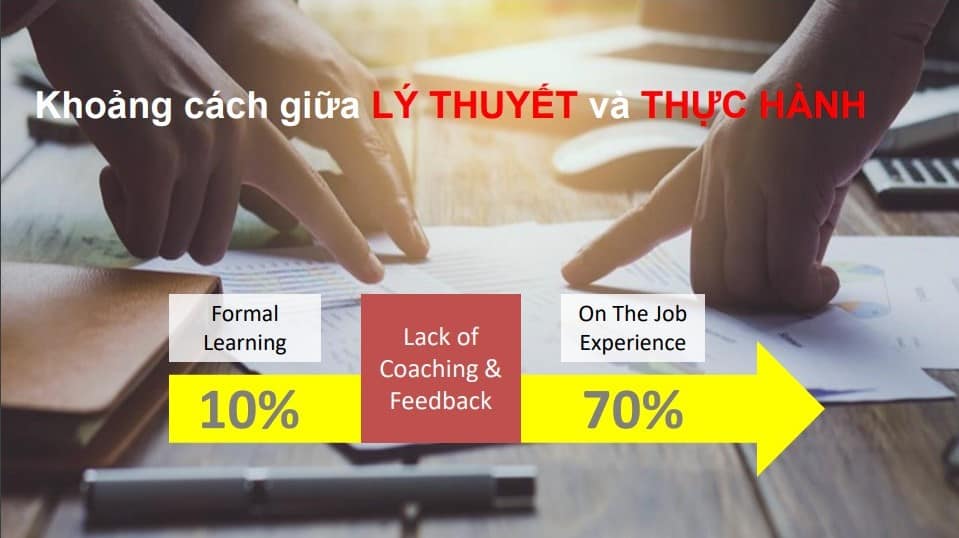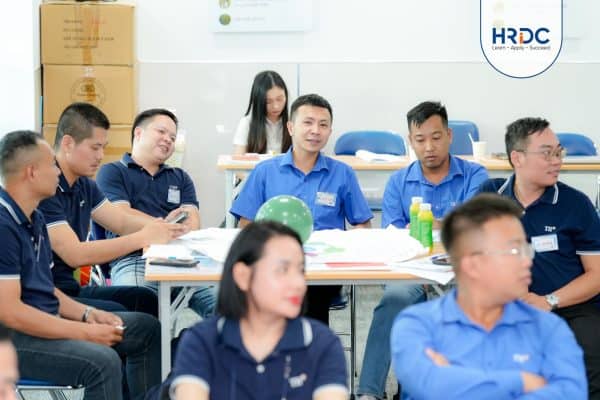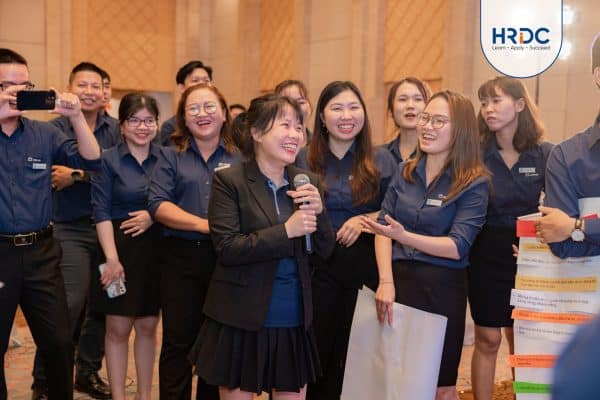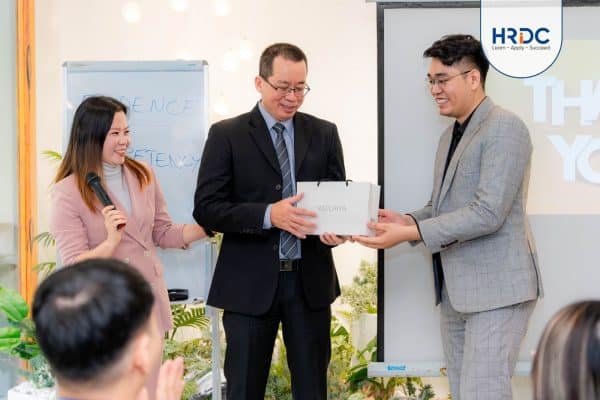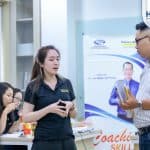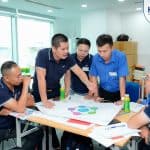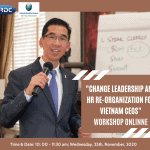[04.07.2020] HRDC Workshop “Developing people – Creating sustainable enterprises”
On July 4, 2020, HRDC organized a workshop on human development, focusing on the development of human resources and sustainable enterprises. The workshop was coordinated by Expert Lâm Nguyễn Tuấn Phương, who has over 25 years of experience and deep practical knowledge in developing corporate human resources. Nearly 30 managers, leaders, and training department members from various companies participated in the discussion and sharing session.
Focusing on the development of human resource strength, the workshop was divided by HRDC into five main sections:
- The expectations of businesses regarding the capabilities of their workforce.
- Exploring methods to impact work performance.
- The gap between theory and practice in applying trained knowledge to reality.
- Analysis and discussion of typical case studies, debates, and feedback.
- Answering questions.
MAIN CONTENT OF THE HRDC WORKSHOP
1. Business expectations regarding workforce capabilities
In the opening part of the workshop, the speaker and participants explored the KASH Model to better understand the necessary requirements when an employee takes on a role within a company.
From this model, businesses base their criteria for recruitment, training and development roadmaps, and personal capacity development strategies. Alongside the expectations of the business, the HR – Training department must always ensure a balance between the requirements and expectations set by the business and the reality of training and development within the company.
2. Methods to Impact Work Performance
Commonly used methods to impact work performance include:
- Performance Management: The main goal of performance management is to break down larger goals into smaller objectives and assign them to various departments. Performance management involves several key stages:
- Planning: Setting goals and action plans.
- Support and Monitoring: Monitoring the execution of work towards the established goals.
- Comprehensive Employee Evaluation: Assessing performance based on goals & KPIs, and evaluating competencies according to a competency framework. The results of the evaluation serve as input for planning, as well as support and monitoring in subsequent cycles.
- Coaching: Coaching, mentoring, and team development
In practice, when work objectives are broken down to individual members in departments, issues may arise regarding their level of expertise, skills, and execution methods that do not meet job requirements. In such cases, the responsibility of line managers is to conduct coaching. The purpose of coaching is to help others acquire specific skills and knowledge, and develop both personally and professionally.
- Mentoring: Guiding and helping individuals develop their careers
Mentoring involves advising individuals to help them progress in their careers. Mentoring requires the mentor to have knowledge, expertise, and experience in the field. The mentor will guide and advise the mentee on how to improve or become their best self based on the mentor’s experience. Mentoring may involve giving advice, consulting, guiding, and directing. Unlike coaching, mentoring does not offer direct advice or consultation but focuses on helping clients set their own goals and action plans.
3. The Gap Between Theory and Practice in Applying Trained Knowledge to Reality
Today’s businesses tend to decentralize decision-making and build a matrix organizational structure to increase flexibility and responsiveness to emerging issues. Leadership levels will delegate more responsibilities to staff, while employees face greater pressure from management. To address this challenge, the 70-20-10 development rule is applied.
- 10% of an employee’s capabilities: learned through online or offline classes, reading books, or attending certification training programs.
- 20% of capabilities come from feedback from managers, peers, and receiving coaching from superiors.
- The remaining 70% is developed through experience, learned directly from the job each employee performs.
The bridge between the 10% of knowledge gained through learning in training programs and the 70% of capabilities employees apply in real-life situations to succeed is the 20% coaching and feedback provided by the line manager. Without this 20%, applying knowledge from training into practical work becomes more difficult, which affects the individual and collective performance.
The direct manager is responsible for understanding their employees best, knowing their strengths and weaknesses. From there, they provide coaching and support until the job is completed, creating motivation for employees and providing an environment for them to practice and grow.
The HRDC Workshop “Human Development – Creating Sustainable Enterprises” was successfully conducted. We would like to express our gratitude to Expert Lâm Nguyễn Tuấn Phương and all participants for sharing and discussing many valuable insights and experiences. In the future, the HRDC team will continue to support and organize more beneficial sharing sessions.
HRDC sincerely appreciates your participation!
HRDC – Training
Public: Ms Thanh Hiền – Phone: 0384 212 688 – Email: thanhhien@hrdc.com.vn
In-house: Mr Hưng – Phone: 0983 599 384 – Email: doquanghung@hrdc.com.vn
HRDC – Human Resources
Ms Linh Đan – Phone: 0332 595 568 – Email: linhdan@hrdc.com.vn


